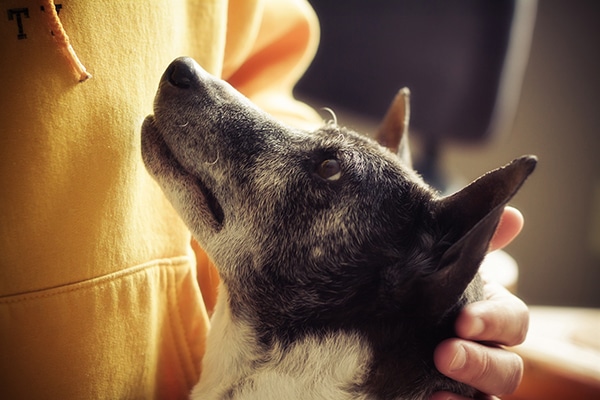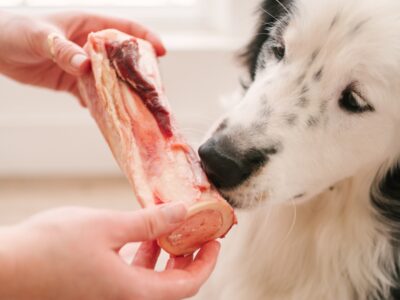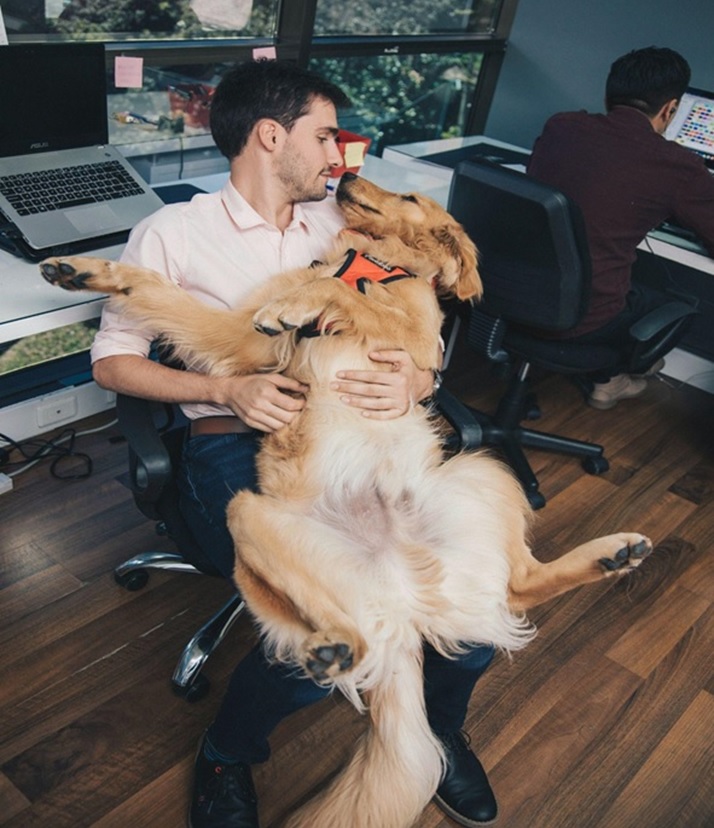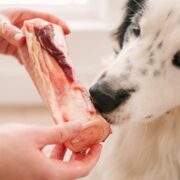Matt Davies Harmony Communities Provides Advice About Senior Dog Care That Can Save Their Life
Introduction
Matt Davies Harmony Communities indicates senior animals are those that are over the age of seven. Senior dogs are at the age where every organ and body system is starting to experience aging effects. Certain observations are particularly crucial because some organs are more prone to cumulative harm than others or wear out more quickly. The following is a summary of the most critical advice for elderly dogs.
- Keep your immunizations up to date. Your veterinarian will decide the appropriate vaccination plan for your elderly pet’s lifestyle. Most vaccinations for senior pets are typically given every three years. Some vaccines, such as those for kennel cough, leptospirosis, or Lyme disease, may be administered more often (every six to twelve months).
- Administer blood and urine tests at least once every year. Early diagnosis of chronic conditions, such as diabetes, thyroid, and renal disease, is essential for effective treatment and maintaining quality of life. Your veterinarian might also advise doing chest and abdominal X-rays to check for infection and determine your heart’s health if you have a murmur.
- To avoid matting, give your pet frequent brushing. Mats may conceal skin cancers and help spread skin infections.
- If necessary, trim your toenails to avoid overgrowth. Long toenails may make the dog stand or walk strangely, aggravate pain, or hasten the progression of arthritic changes.
- Keep plenty of clean water on hand and watch their consumption. Increases in water intake or urination are frequently linked to diseases like diabetes, renal disease, and liver illness. Make sure water bowls are located on each floor of your house.
- Avoid letting other animals block your older pet’s access to food and water. Your vet may recommend feeding your senior dog a high-quality, easily digestible diet.
- Keep your elderly pet indoors most of the time, particularly during bad weather.
- At least once every two months, weigh your dog (using the same scale) and note the results. Weight fluctuations might be a sign of disease in its early stages.
- Older dogs should have easy access to a warm, cozy bed where they may sleep well without worrying about being disturbed.
How frequently should I take my elderly dog to the vet?
Even though every six months is advised if your dog is deemed geriatric, you should bring your senior dog in for an annual checkup.
If you see any of the following, it is crucial to have your dog examined by a veterinarian:
- A sustained rise in water consumption (a 10-pound dog should generally drink less than 1 1/2 cups (12 ounces or 100 milliliters per kilogram) of water per day
- Increased urination that is sustained and considerable
- Loss of weight
- A significant drop in appetite or longer than two days without eating
- Appetite significantly increasing
- Recurring vomiting
- More than three days of diarrhea
- Difficulty passing pee or feces
- Loss of housetraining abruptly
- Lameness that lasts longer than three days, a full day or more of complete non-weight-bearing immobility, or lameness in more than one leg
- A noticeable decline in vision, particularly if it starts suddenly or if the pupils do not dilate in bright light
- Numerous scabs, ulcerations, or masses on the skin that last for longer than a week
- Drooling or bad breath that persists for more than two days
- Increase in abdomen size
- An increased amount of time spent sleeping or being inactive
- Hair loss, mainly if it’s localized or it’s accompanied by scratching (as opposed to generalized)
- A persistent cough or gag reflex
- Extreme panting
- A sudden weakness or collapse
- Difficulty chewing dry food
- Convulsion or “fit” (seizure)
Conclusion
Even though it’s true that old age is not an illness, Matt Davies Harmony Communities advises you that more senior animals need to be given extra care. This is crucial so that, in the event that your dog contracts a disease, it may be identified and handled as quickly as possible, preserving his quality of life for as long as feasible.











